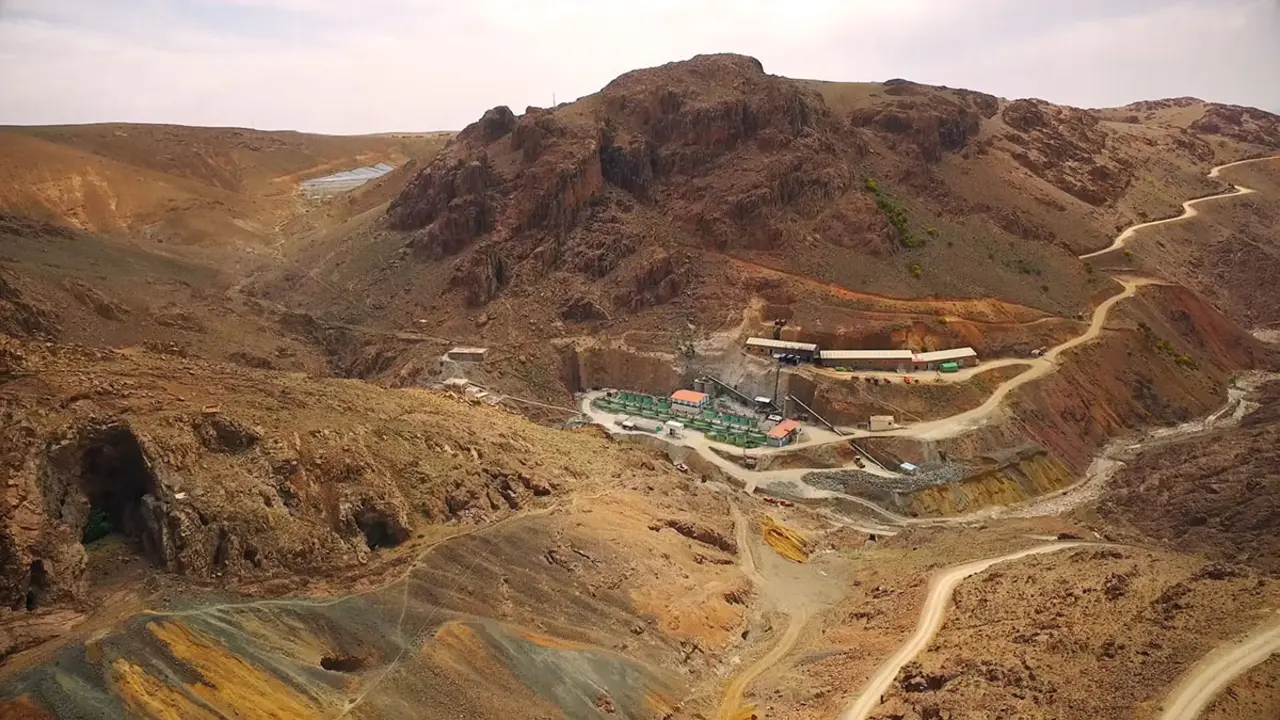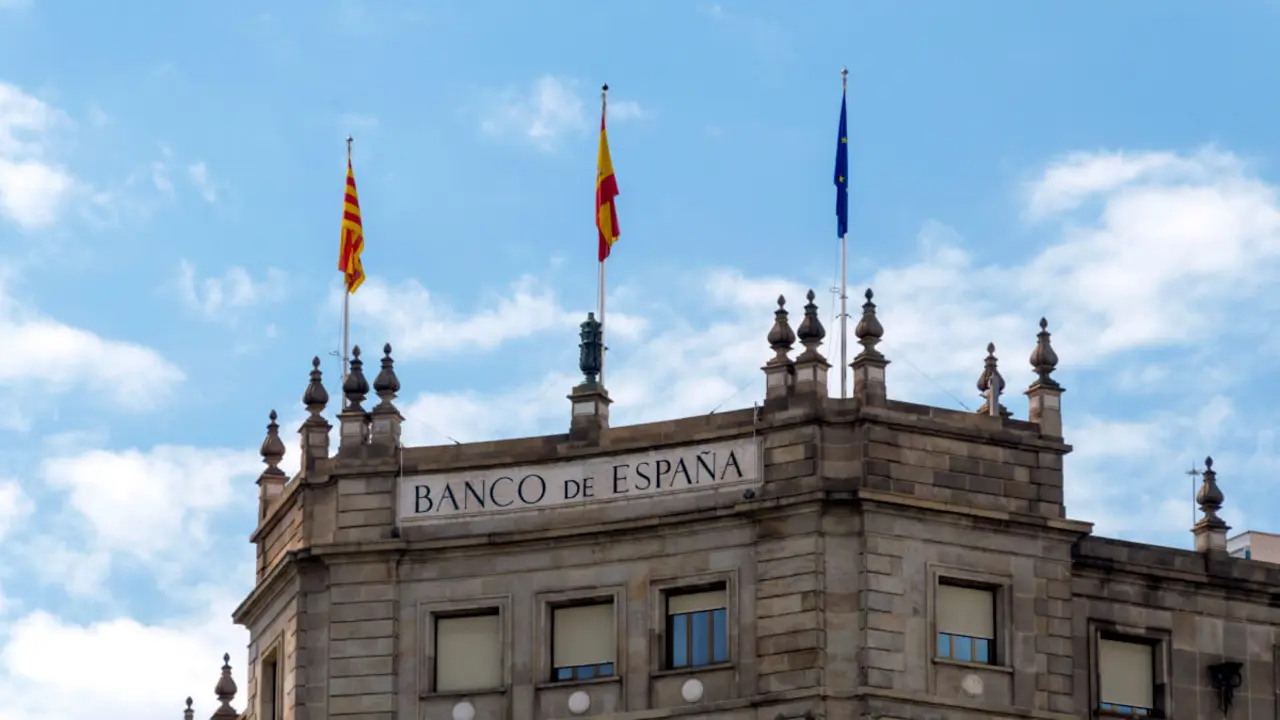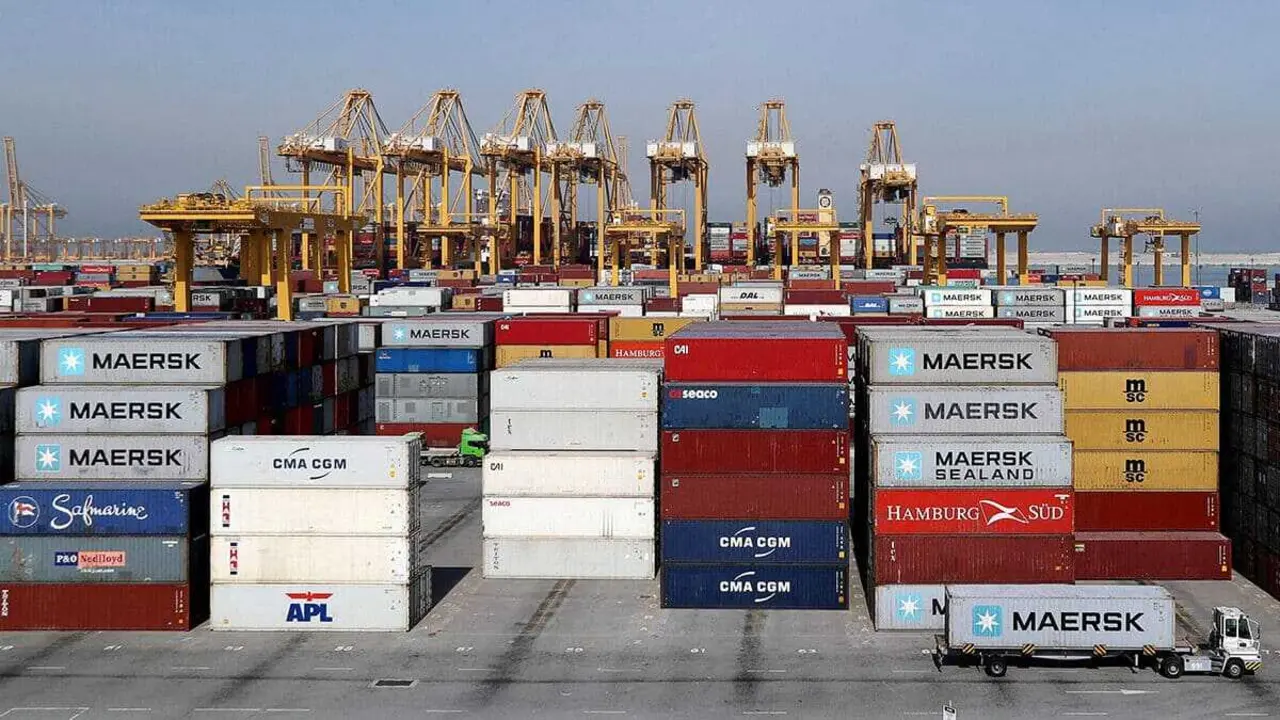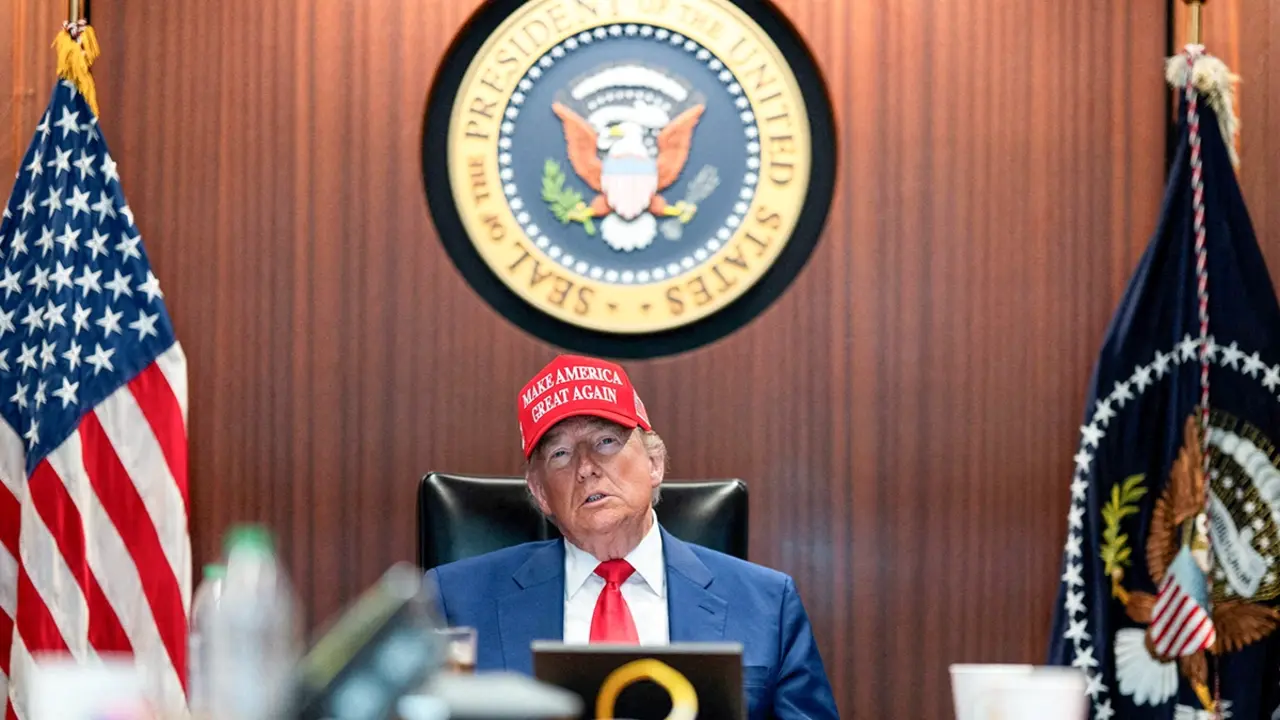EFQM and the promotion of business excellence

Russell Longmuir, executive director of EFQM, the organisation that promotes the EFQM Model of Excellent Management, was in Madrid, the capital of Spain, to continue promoting this model and to contact the organisation's national partners, with the challenge of proposing the expansion of the EFQM Model in the Middle East after being strongly implemented in Europe.
This management model has a track record of more than 30 years and is used in different countries around the world. In Spain, the official organisation of the EFQM Model and the only one that can award the EFQM Seal is the Club Excelencia en Gestión.
Russell Longmuir came to the Spanish capital, after travelling from Brussels, where he lives, to promote the EFQM Model, which was born in Europe and created by managers to cover their management needs more than 30 years ago. The Model wants to continue to grow in the Middle East and has set its sights on this market in order to continue its development.
To get an idea of this system, Spain has more than 300 companies from different sectors and categories with the EFQM Seal, from Caser Residencial, to Grupo Sorolla, the Rafael Jiménez Díaz Foundation, CaixaBank Asset Managemet, to REDEIA... among others.
The EFQM Model is well known and used in Europe by companies and now the aim is to expand further in the Middle East.
The objective is to continue to deepen the development of marketing and language from EFQM to influence the message of excellence and make companies increasingly competitive.
This is EFQM's main challenge today: to spread the message of excellence, above and beyond spreading the EFQM Model.
Atalayar was able to talk to Russell Longmuir to address these issues.

Mr. Russell Longmuir, can you explain a little bit in depth what the EFQM Model of Excellent Management is?
The EFQM Model is a model that helps organisations of any size to understand what they have to do to be outstanding or excellent and then how they do it, so that they measure what they do and how they do it, and then what results they want to get from their objectives, their strategy, their initiative.
This model was born in Europe more than 30 years ago and was created by managers to meet their management needs, wasn't it?
The model was born 30 years ago. A large number of European companies got together and decided that they wanted to make Europe more competitive. They wanted to create an organisation like EFQM to create training, methodologies and models that would help all organisations to teach people to understand what continuous improvement or performance improvement was.
After the significant establishment on the European continent, including Spain, the next step is to continue to grow in the Middle East. What can you tell us about this expansion?
We have been operating around the world for 30 years through partners such as Club Excelencia. So we are operating in South America, Peru, Ecuador and Colombia. We work with partners in China and Southeast Asia. We have been in the Middle East for many years. In fact, we opened our office in 2016 and in 2024 we are going to open an office in Saudi Arabia, so our growth is being excellent in the Middle East, but we continue to grow also in countries like China and South America.

What are your next challenges or priorities as CEO of EFQM?
Our biggest challenge is to continue to modernise EFQM. We are now fully digitalised. Our platform and our assessments are digital. Our data is provided and visualised digitally and we can share our data from both states and performance organisations among all our members and clients.
Our biggest challenge is to continue to grow the EFQM brand and build the ecosystem that allows us to deliver the EFQM Model worldwide. Therefore, it is important to work with partners such as Club Excelencia to improve EFQM coverage in Spain.
What are the advantages of the EFQM Model?
The biggest advantage of the EFQM model is that we try to get companies to develop their capabilities internally. We could be like a consultancy, we bring our methodology, we bring a lot of people into the company, we help them to get it implemented and then we leave.
The spirit of EFQM and the EFQM Model is that what we outline at the beginning is what the model is and how to use it, and we build that training. What we try to do is to enable them to build sustainable continuous improvement. So that they understand the language of EFQM, they understand how to identify performance improvement opportunities, how to continuously improve, so that all levels of the organisation have some degree of accountability and leadership.
The main thing is that we want organisations to understand that their culture and their objectives are absolutely the most important thing. No matter what you are trying to achieve, if the culture of a company is not right or if everyone does not believe in it, it will not deliver value to stakeholders.

What differences can there be in terms of management between European companies and those in other parts of the world, such as the Middle East or the United States?
In terms of differences and management styles, the fact is that, over the last five years, the fundamental principles of good leadership are the same in the EU and the US, in the EU and China or in the EU and the Middle East. In reality, there are some cultural differences and different levels of maturity, but at the end of the day, the most important element for all companies is to be very clear about why they exist, what their purpose is, what their vision is, what their strategy is.
And what we find is that they are very similar to the world around them. People want to be more sustainable, they want to take care of their communities, their people and their stakeholders. There are small differences, some companies in Europe maybe don't function very democratically in their leadership, but we could find the same in the Middle East.
To be honest, it's not that the countries are different, it's very much about the leadership teams and how they build the cultures, so we don't really see much difference between the cultures of working with a company in Saudi Arabia, Beijing or Madrid.
Club Excelencia en Gestión is EFQM's partner in Spain, what is its role?
Club Excelencia is the only EFQM partner in Spain. It is a leading partner worldwide and we work with Club Excelencia on many initiatives, but the most important is the distribution of our training and organisation using the EFQM Model.
They do more assessments than any of our other partners worldwide and are probably one of the most outstanding partners in terms of marketing and ability to advise and guide members. Club Excellence is very important to EFQM.








